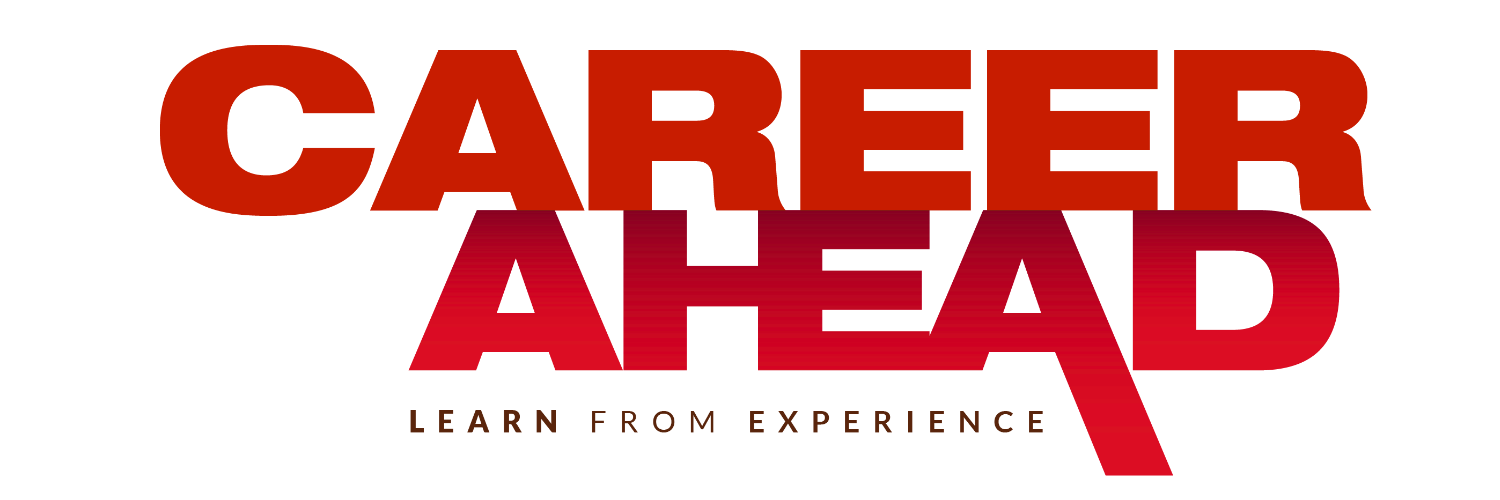No products in the cart.
Digitization in the Covid Impacted Era
Learn how Covid-19 has accelerated the adoption of technology and automation tools in businesses. Find out how advanced technologies like AI, machine learning, and data analytics are enabling new business processes and transforming traditional job roles. Explore how PepsiCo India is using technology to stay competitive in the post-Covid era and read about the digital transition they went through.
Covid-19 has truly pushed the technology adoption process forward by many years. The pandemic made us realize the value of digital tools and technologies. Imagine, the world would have truly come to a halt if technology had not enabled people and processes to connect and function together. Debates and doubts about businesses operating virtually, employee and customer interactions, everything faded. All organizations, from big to small, started to embrace the power of technology in managing businesses.
This global crisis led to amazing business innovations. Many industries began leveraging automation, and technologies like AI (Artificial Intelligence) and ML (Machine Learning) – which really helped in revamping operations during difficult times – have become the norm.
Adapting to the Digital Quantum Leap
So, if Covid gave us the push to embrace future technology before its time, a complete overhaul of strategies and practices is now required for businesses to stay competitive in the current and future economic environment. It is imperative to fill gaps in technology talent during the crisis, make use of more advanced technologies, and speed up experimenting and innovating.
Automation provides us with excellent tools, both to fight the Covid-19 pandemic and to redefine the new normal in a post-Covid world. Technologies like data analytics, machine learning, IoT, cybersecurity technology, additive manufacturing, augmented reality, autonomous assets, and more are enabling new business processes and obscuring traditional functional boundaries.
That’s not all. Going forward, automation will help to redefine jobs by generating new roles and opportunities that were thus far non-existent. It will help in improving the productivity of employees by moving people out of regular day-to-day tasks to more value-added jobs through upskilling.
At PepsiCo India, for example, we have doubled down our digital distribution capabilities by focusing more on both B2B and B2C distribution models to ensure consumer demands are met while maintaining 100 percent safety. That also bring us to focus on how we can harness tech.
Technology-driven Business Strategies to Win
Businesses need strong leadership to execute and align digital business strategies to grow and excel. Experiments and investment in technology have played a key role in helping companies navigate through the crisis. A few technologies that have enabled the disruption are mentioned below:
- Augmented Reality (AR) and Virtual Reality (VR): AR and VR technologies are taking the front seat in marketing of products. Brands have started taking to more powerful and evolved AR and VR experiences to magnify their outreach. It is worthwhile to mention that AR and VR provide amazing opportunity for businesses to provide consumers an ‘out-of-the-box’ experience.
- Data Analytics: Companies have started using advanced data analytics to analyze and extract relevant insights from the vast data generated. These insights are helping companies with faster and more efficient decision making across the value chain. The massive growth in the volume of different types of data throughout the supply chain has created the need to opt for technologies that can help companies analyze large volumes of data. Hence, the technique of Big Data Analytics (BDA) is being used to help overcome this problem. BDA not only provides a tool for extracting valuable patterns but also provides information in large volumes of data.
- Artificial intelligence (AI) and Machine Learning (ML): Digital tools like AI and ML are playing a pivotal role in overcoming major manufacturing challenges such as production, logistics, and so forth. These tools are not only helping companies track cost and quality, but also helping deliver better productivity with a check on overall costs.
Adoption of the technologies mentioned above has made data available across the entire supply chain. This data is accessible to all stakeholders in the network at the click of a button and helps them take better decisions.
So, how did WE do it?
Technology Transition at PepsiCo
The Covid crisis brought a sea change in the corporate leadership mindsets on the role of technology in business. At Pepsi, we learnt to embrace this change, and modified our functions to program accordingly. A few of such changes are mentioned below:
- GTM (Go To Market): Historically, we were a combination of a traditional trade and modern trade-focused urban organization. Today, we are leveraging technology to go deeper with rural solutions and enabling an eGTM strategy in partnership with online grocers like Big Basket, Milk Basket, Dunzo and WhatsApp/Voice Bot pilot for retailers as we realized Covid-19 has changed shopper habits.
- Supply Chain: We have an extensive supply chain as we have a complex procurement network to make, move, and sell across the country. We have invested a significant amount in our agri and cold storage solutions and enabled the agro frontline teams with technological know-how. In addition, we have invested in a sophisticated supply chain solution to optimize the supply chain.
- Shared Services: As we focus on our core Procure, Make, Move and Sell, we are also leveraging the scale of PepsiCo and setting up shared service centers to outsource non-core activities to get economics of scale and implement best practices from other organizations.
On the employees’ front, we have invested and upgraded our technology platforms to provide a safe and secure environment to our teams. Additionally, we have implemented capabilities to enable digital workers who can work 24*7, 365 days from any location, leveraging collaboration tools like Zoom and Office 365 platforms.
Beginning of a New Era
The pandemic has been the toughest challenge that we have had to face as a race. It has redefined the way in which we live, engage and work; and most importantly, how we do business. However, it has also been the biggest opportunity to show how robust technical infrastructure and end-to-end digital processes can help us safeguard our productivity.
- The article was originally published in Career Ahead April 2022 issue.











